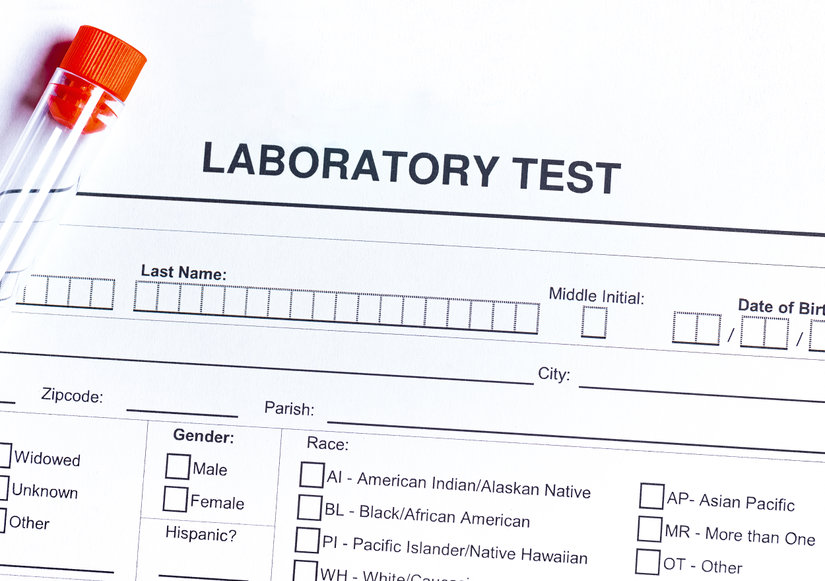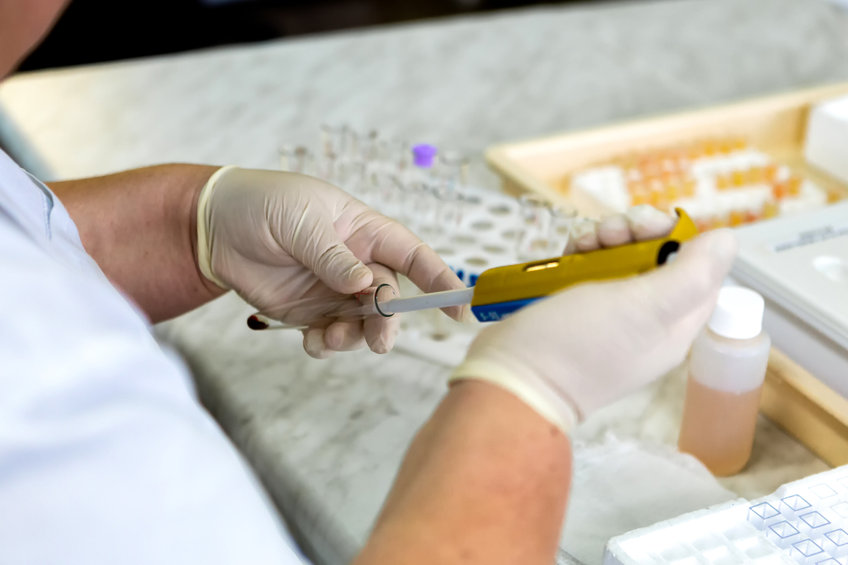
In the transportation industry, it’s important to maintain safety and compliance with all Department of Transportation (DOT) regulations. This includes drug testing for truck drivers and other personnel. There are specific forms that must be completed in order to ensure a proper drug test, including the chain of custody form (commonly abbreviated to CoC or CCF).
If you are a DOT member, then you may be familiar with the term “chain of custody form.” But what is it exactly? A CCF is a document or paper trail that ensures the integrity of care during a drug test. It tracks the movements of a specimen from collection to testing to the final result. This helps to protect the validity of the results and prevent any tampering or contamination.
Let’s take a closer look at what this form entails and why it is important in DOT drug testing.
Purpose of a Chain of Custody Form
A chain of custody form ensures that the sample is properly secured, handled, and tested. It establishes the sequence of who handled the specimen at each step throughout its processing. This helps to protect against any accusations that someone has tampered with the specimen during the drug testing process.
Drug testing for the Department of Transportation requires a CCF in accordance with the Federal Workplace Drug Testing Guidelines.
5 Copies of a Federal Chain of Custody Form
A federal CCF typically includes five copies, one for each of the entities who gain custody of a specimen throughout the drug testing process.
- Test Facility Copy
- Medical Review Officer Copy
- Collector Copy
- Employer Copy
- Donor Copy
Chain of Custody Procedures
The Chain of Custody process documents the collection, storage, and processing of a specimen for testing purposes. All parties involved in the testing process must carefully document their processing information on the CCF.
Failure to complete a specific section or erroneous information will result in delayed processing or in some cases, a rejected test.
Confirming Your Identity
Before giving a testing specimen to the collector, donors will need to provide an official government-issued ID. As part of the Chain of Custody process, they need to confirm their identity in order for the collection and testing facilities to proceed with certainty. This ensures the specimen is coming from the right person and reduces the risk of fraud.
Collection
The process begins when a donor gives the collector their sample. Throughout, the collection is carefully recorded on the CCF. The collection site is responsible for several precautions to guarantee the test’s validity:
- Provide a secure, private room only accessed by the donor and collector
- Restrict and secure any accessible water sources
- Remove any soap or cleaning agents from the room
- Secure the area from hidden contaminants
- Perform only one collection at a time
- Immediately seal the collection container in the presence of the donor
- Keep the specimen in view during the entire process
The specimen collector will check the specimen temperature, volume, color, odor for any abnormalities after receiving the sample.

Test Facility
After the collection process, the collector delivers the specimen to the testing facility, and the CCF is updated once more.
At the laboratory, the specimen undergoes another review process to establish potential flaws during the delivery and specimen collection. Many of these flaws revolve around the chain of custody form. If possible, the flaws are corrected and the laboratory moves on to testing. Otherwise, the lab rejects the specimen for testing.
The time, date, and signature of the lab technician testing the sample are all recorded on the CCF. Once the results are finalized, the CCF is copied or a dedicated section is delivered to the Medical Review Officer (MRO) for final evaluation and confirmation.
Medical Review Officer
The MRO is a licensed physician who is responsible for receiving reviewing all test results and corresponds with the requesting authority, such as an employer, court, government agency, or medical facility. They ensure that the results are turned over to employers in a timely manner and take measures to protect the drug test’s confidentiality.
An MRO determines a test’s validity by reviewing the CCF for accuracy. They evaluate if there is a legitimate medical explanation for a positive result and take note of adulterated, substituted, or invalid drug test results. If the MRO finds anything unusual during their review, they may reject the final results. Otherwise, the MRO may interview the specimen donor before sending the final results to the employer.
What is an Electronic Chain of Custody or eCCF?
Some labs offer electronic chain of custody forms or eCCF. This digital version of documentation can be very efficient and eliminate some of the human error involved in traditional documentation. They tend to have fewer data entry and legibility issues in addition to requiring less paperwork. Furthermore, the digital nature of this documentation process often results in a faster turnaround time.
If you are a DOT employer interested in streamlining your drug testing process, you may want to consider a laboratory that offers eCCF.
Possible CCF Errors
There are a number of flaws that may be found throughout the CCF. “Correctable flaws” such as a missing signature may be corrected with an explanation and written confirmation of the CCF’s accuracy.
Other, non-correctable flaws, or “fatal flaws,” cannot be corrected and always result in a rejected test.
MROs, laboratories, collectors, and even donors may identify flaws in the CCF throughout the testing process. If a flaw is found, the party should investigate the flaw and attempt to correct it or cancel the test.
Legal Standing and Privacy
A CCF is recognized as a legal document. Tampering with or mishandling a CCF will result in an invalid test, and may warrant an investigation. Any person who maliciously interferes with the integrity of a CCF may face penalties in accordance with the law.
All information surrounding a CCF is completely confidential and private.
Final Notes
A chain of custody form is an important document that helps to determine the validity of drug test results, and it is necessary to provide in DOT drug testing.
It is a somewhat complex process, but it is worth taking the time to understand it in order to avoid any potential issues with your drug testing program.
To make the process easier for you, New Era offers DOT drug and alcohol compliance programs that can keep you up-to-date with DOT standards, including required documentation like the chain of custody form.